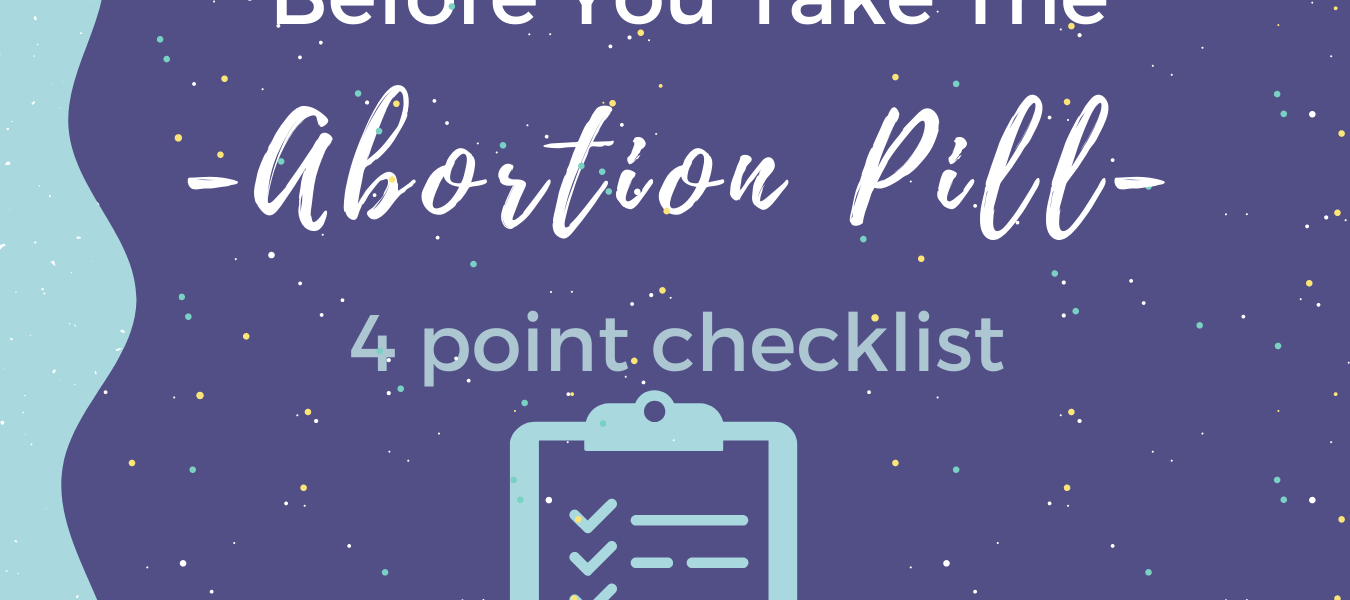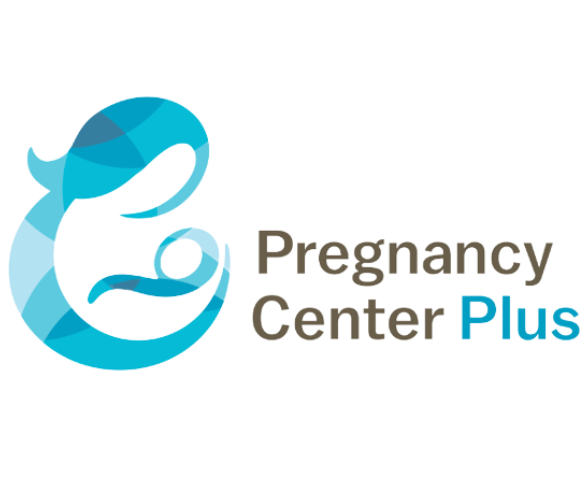Before You Take The Abortion Pill
4 Point Checklist
There are a couple of initial steps you should consider taking before obtaining the abortion pill.
1. Take a pregnancy test
You need to make sure you are really pregnant. You will need to confirm your pregnancy with a medical-grade test. If you are not pregnant, you won’t need an abortion.
2. Confirm your pregnancy with an ultrasound
If you’ve already received a positive pregnancy test, you should verify your result with an ultrasound. An ultrasound will detect if you have a viable pregnancy in the uterus, and how far along you are. This will determine whether you are eligible for a chemical abortion. 20-25% of pregnancies end in a natural miscarriage. The likelihood of a miscarriage can also be determined by an ultrasound.
3. Get tested for STD/STIs
You will want to be screened for sexually transmitted infections. If you have an STI when you have an abortion, you run the risk of getting Pelvic Inflammatory Disease (PID). If not treated, it can lead to infertility and other complications. We can test you for chlamydia and gonorrhea at no cost.
4. Call us
Please make an appointment at the link above or call us at 513-321-3100 to schedule an appointment. All of our services are free and confidential. We can provide you with a free pregnancy test and an ultrasound to confirm how many weeks you are pregnant and confirm that it is a viable pregnancy (not an ectopic pregnancy).
What is the “Abortion Pill?”
A chemical abortion is a procedure that uses medication to end a pregnancy. The abortion pill also known as RU-486 (mifepristone), is used in a regimen with another prescription medicine (misoprostol) to end an early pregnancy. Early pregnancy is defined as less than 70 days (10 weeks) since your last menstrual period began. This technique is not
approved for ending pregnancies that are further along.
The first pill (mifepristone) is taken on Day 1 and blocks the hormone, progesterone, needed for your pregnancy to continue. This pill cuts off the supply of blood and nutrients to the developing baby. Within 24 to 48 hours after taking the first pill, the second series of pills called misoprostol is taken at home to cause uterine contractions. During this process, you will have cramping and
heavy bleeding with large clots including the fetus, which will likely be heavier than your usual period. The pregnancy will then be expelled from your uterus within 2 to 24 hours after taking the second set of pills. Chemical abortion presents a four times higher risk of complications than a surgical abortion. The most common complications are hemorrhage, excruciating abdominal pain, and infection. Up to 7% of women taking the abortion pill will still need a surgical procedure to stop bleeding or because the pregnancy did not completely pass from the uterus. Should you change your mind after taking the first pill, check out abortionpillreversal.com or call 877-558-0333.
Helpful Links
The Abortion Pill-What You Need To Know
4 Surprising Perks Of A No-Cost Pregnancy Center
All About Abortion Pill Reversal
Source: Healthline, Cleveland Clinic
Posted on July 27, 2021 View the blog

